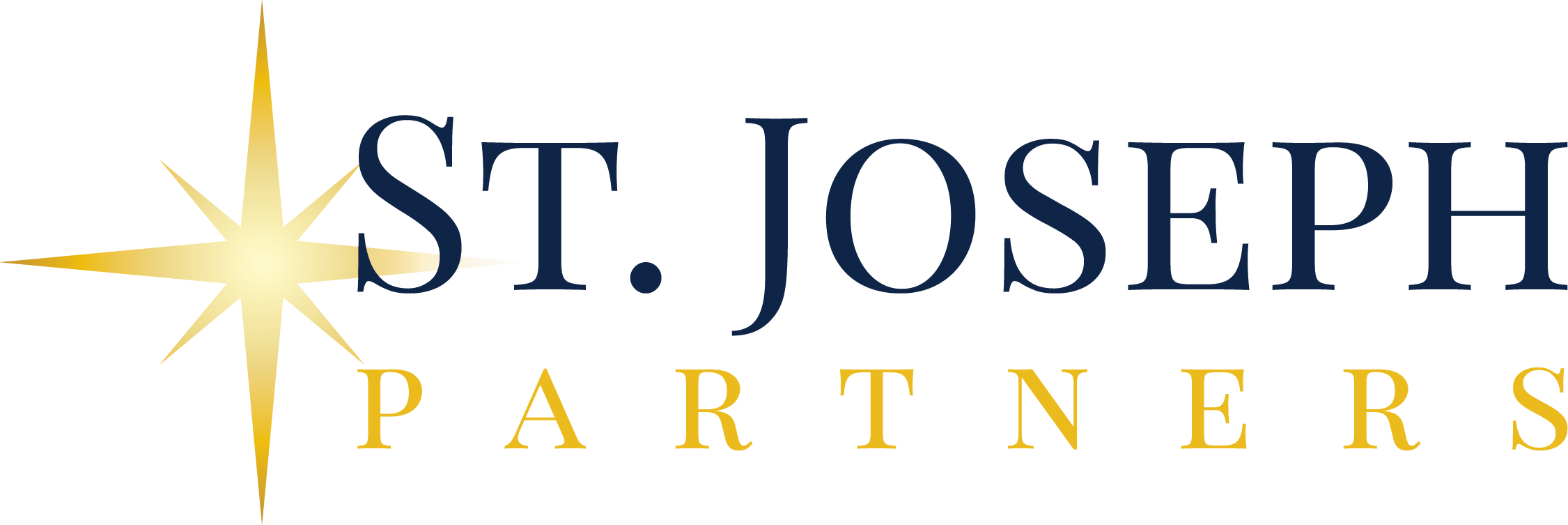Why Your Savings Might Vanish in a Generation—or Two
People often ask me: If the dollar itself is under pressure, how can we really protect our wealth for the next generation? Why should we move part of our savings into something outside the dollar—and why now?
When I think back on the lessons of stewardship passed down through my family, my grandmother’s quiet wisdom always comes to mind. She grew up in Chicago as the oldest of seven after her family came over from Yugoslavia. During the Depression she would skip school to help take care of her brothers and sisters, even carrying coal up three flights of stairs. Later, when the men went off to war, she worked in the factories. She was incredibly frugal, refusing extras, because she knew what it meant to live through times when money failed and every resource mattered. She never trusted paper promises alone. She believed in keeping something real, something tangible, close at hand. I see the same perspective today in families I work with, like James’s family, who recently shared how thankful they were to have metals set aside when markets turned turbulent.
This isn’t just my story or theirs—it’s the same lesson history has been teaching for centuries. Author James Rickards, whose work I often share, explains how currency debasement and manipulation have toppled strong nations time and again. In Ancient Rome, emperors reduced the silver in coins until sound money became worthless tokens. In Medieval England, kings clipped and diluted coins to stretch their power further. As Rickards points out, those choices always hurt everyday families most while protecting the elite.
And history shows just how fast wealth can disappear. In a single generation, savings built over decades can be gone—sometimes through inflation, sometimes through confiscation, sometimes through force. Hitler did this when he stripped entire groups of people of their wealth, erasing legacies in an instant. Here in the U.S. in 1933, citizens were stunned when the government confiscated gold, forcing them to turn it in at a set price that didn’t reflect its real value. As Rickards notes, it wasn’t about punishing families—it was about keeping a broken system afloat. We’ve seen the same story repeat around the globe: Weimar Germany’s runaway inflation, Zimbabwe’s trillion-dollar bills, Argentina’s repeated collapses. And in every case, the people who came through with their savings intact were those who had something outside the paper system.
Every time, it was ordinary families who paid the price. Their savings lost value, the security they thought they had simply evaporated. But through it all, gold and silver held their worth. They outlasted governments, collapses, and crises.
Some still worry today about confiscation. But the truth is, 1933 was a unique moment. Back then, the dollar was tied to gold, and Washington had to control it to keep their system alive. Today, with no gold backing the dollar, the government is far more likely to lean on inflation and financial repression—quietly devaluing savings rather than seizing them outright. Both eat away at paper wealth, but neither touch metals held in your possession.
Right now, many analysts believe we’re in the early stages of a long-term gold bull market. Nations are diversifying away from the U.S. dollar, central banks are buying gold at record levels, and individuals are waking up to the need for protection. As Rickards reminds us, gold isn’t about chasing returns—it’s about insurance, a store of value that stands when paper systems fail.
For Christian families, this isn’t about fear or speculation—it’s about stewardship. It’s about setting aside part of what God has entrusted to us in something enduring, something real, so that no matter what comes, there is a shield of protection around our families.
Proverbs 13:22 says, "A good man leaves an inheritance to his children’s children." That inheritance is more than dollars in a bank account—it’s stability, wisdom, and security. By holding gold and silver, families build a hedge that preserves value through uncertainty and helps safeguard the blessings we’ve been given.
If this raises questions for you—or if you’d like to share your own family’s story of stewardship—I’d love to hear from you. These conversations matter, and I’m here to walk with you as you think about how best to protect and preserve what God has placed in your hands.
Have a question for a future Ask Becca? Send it my way at info@stjosephpartners.com— I love to hear from you!
Past performance is not indicative of future results.





